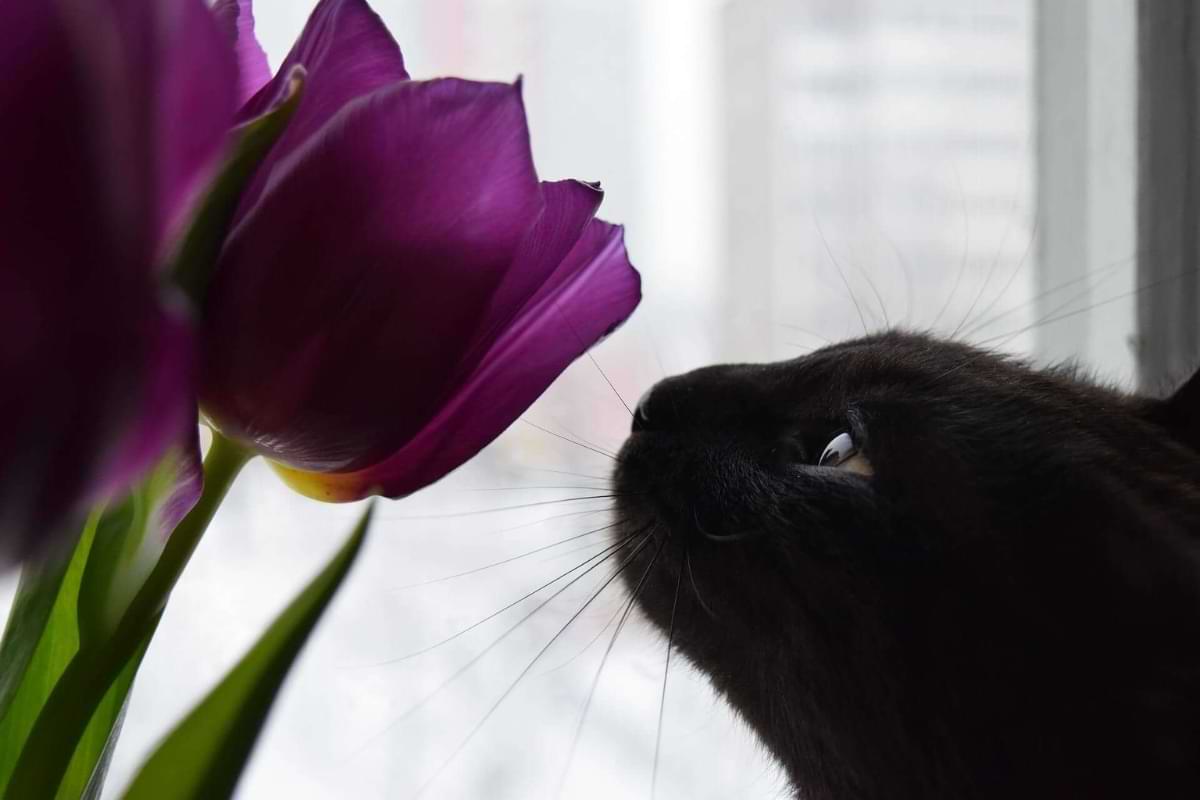At any event, whether there is an occasion or just a simple day, one may receive a flower. A beautifully arranged bouquet shows appreciation to the receiver. But as a cat owner, there is a famous saying you can apply when adoring the beauty of a flower. There’s always more than what meets the eye. Before deciding to go home with it, remember to take into consideration your cats. There are flowers poisonous to cats. Be mindful of flowers that may cause harm to your feline by checking this article.
Why are some flowers poisonous to cats?
Some flowers are poisonous because of their toxic substance grayanotoxin. This substance is a survival mechanism that plants use. They emit the said toxins to protect their growth.
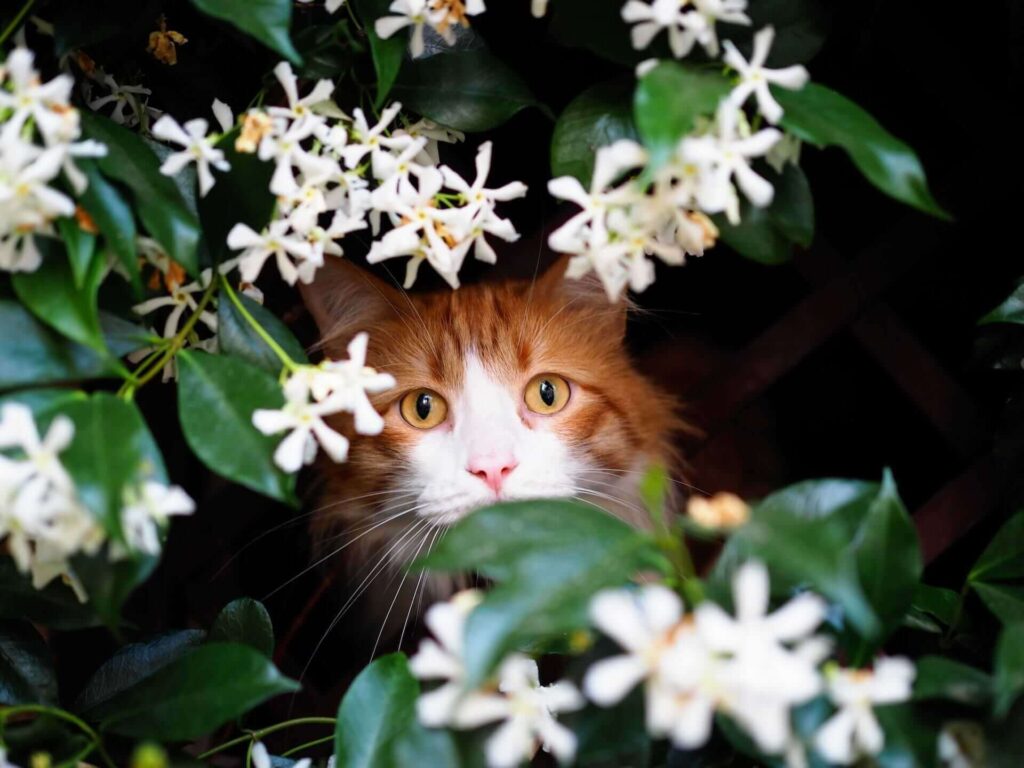
You might find your feline is fond of a flower. A flower has captured your cat’s heart because of its scent or texture. Cats have a superior sense of smell which is 14 to 20 times compared to humans. A feline may have a strong desire to eat a flower that brings a risk of danger to them. Cats do not have the enzyme to help them process the toxin in their metabolism. Their body is slower in eliminating the toxins from their bodies when they have swallowed it.
List Of Common Flowers Poisonous To Cats
Amaryllis
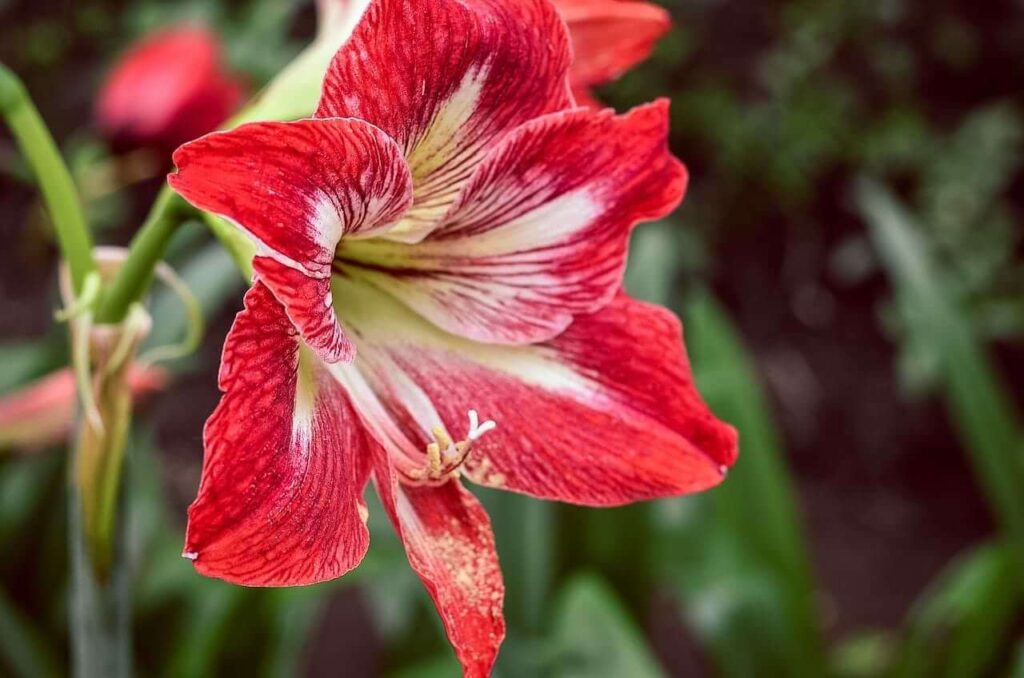
Amaryllis is a popular present but pretty dangerous for a feline. It is also known to be Naked Lady or Resurrection Lily. All parts of it are poisonous. But it is necessary to keep your cat away from these parts more attentively since they have the most toxic level. Amaryllis stalks, flowers, and bulbs contain phenanthridine alkaloids. When ingested by your cat, it will cause gastrointestinal disturbances. A kitty will vomit and have a change in blood pressure. You will also observe tremors and seizures in your feline.
Chamomile and Daisies
These flowers are common flowers one can see in the market. Chamomile and Daisies are common for cat poisoning. Chamomile oil is rich in sulfanilamide, anthropic acid, and tannin. For daisies, they have sesquiterpenes, lactones, and pyrethrins. A simple touch or a small bite will cause allergic dermatitis, vomiting, and diarrhea.
Crocus
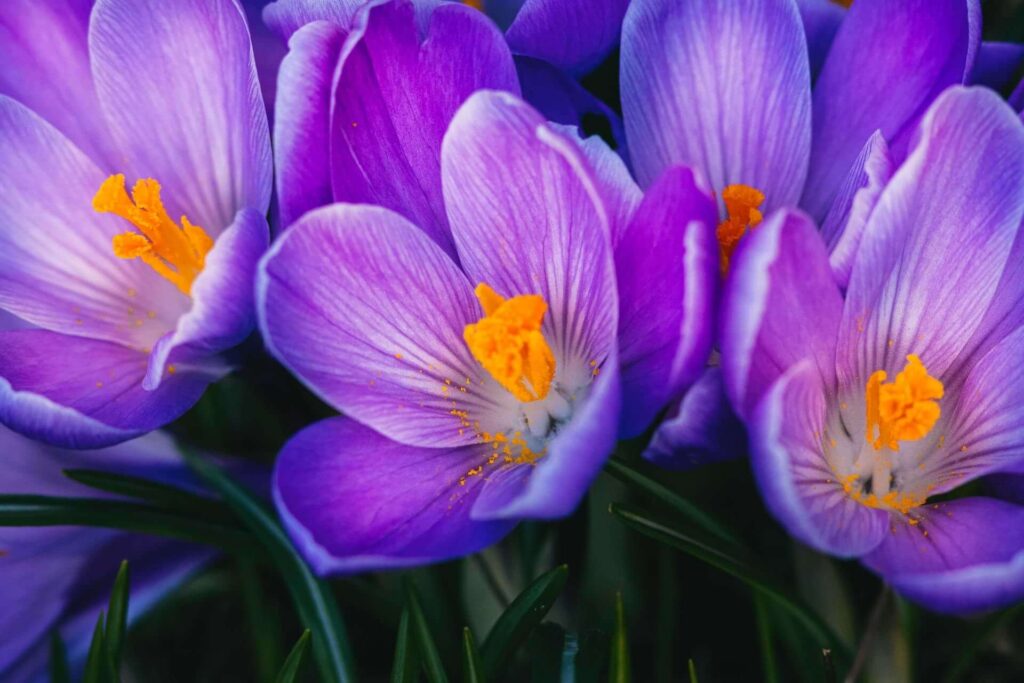
Both the spring crocus and autumn crocus are poisonous. A spring crocus will cause gastrointestinal issues in cats when ingested. It includes vomiting and diarrhea. Autumn crocus has more severe symptoms. You can observe it from your cat as soon as possible or after a couple of days of ingestion. All parts of this crocus are highly toxic. Aside from vomiting, it will result in bloody diarrhea, gastrointestinal bleeding, liver and kidney damage, respiratory failure, seizures, and sadly even death.
Dahlia
Dahlia in the cut flower market is a rookie. Cats who accidentally eat a Dahlia will have gastrointestinal symptoms such as vomiting and diarrhea. It also causes allergic dermatitis in a feline.
Hydrangeas
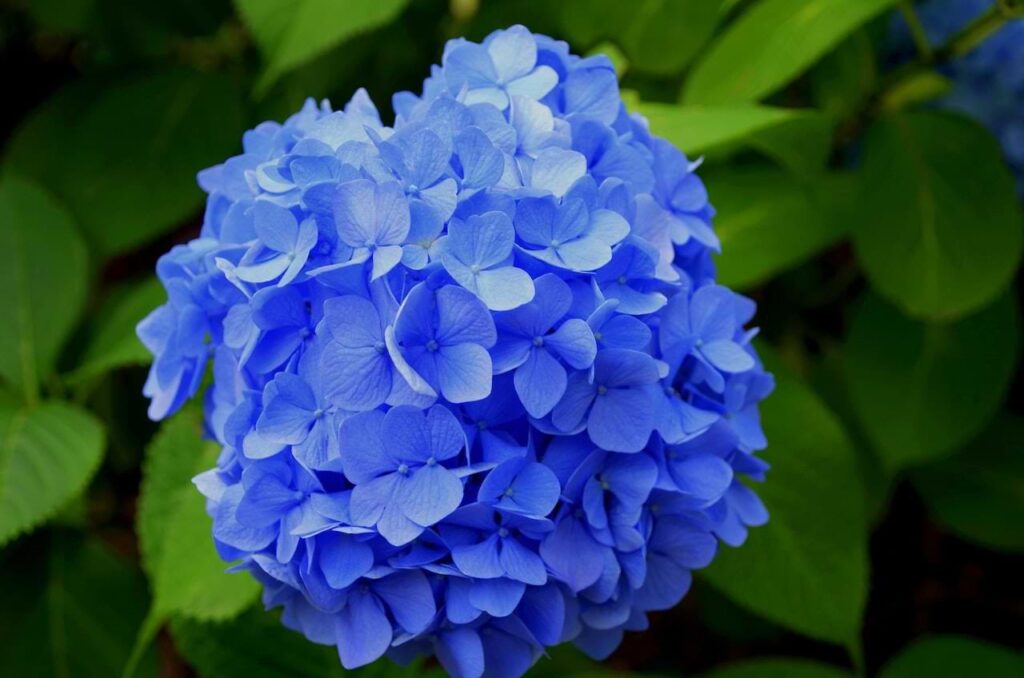
A gorgeous bunch of white, lavender, and blue will be poisonous to cats. Hydrangea is a woody plant that bears a round cluster of flowers. It has a compound that potentially creates an issue with the cyanide gas in the stomach. It will lead to severe gastric and intestinal irritation for a feline.
Lavender
Lavender is representative of dried flowers and vanilla. A flower rich in linoleum, camphor acetate, and other ingredients is harmful to cats. A lavender toxic level to cats differs according to its form. Its essential oil form, spray, or diffuser can lead to a cat’s fatality. An accidental lick of your kitty from it speeds up the danger. Even a small portion upon ingestion will result in respiratory distress.
Lilies
Sadly, it is not allowed to grow lilies at home for fur parents. Lilies bloom during winter and spring which is a no-no for a cat interaction. They are the scariest flowers poisonous to cats. All parts of a lily lead to a severe condition because it has a high toxic content. Two to three leaves are enough for you to lose them after they eat them. Do you know that just brushing their body on it can be fatal? It is because, with that action alone, they can already swallow a toxic amount of pollen. A common symptom of a poisoned cat is vomiting. But lilies result in more serious symptoms. These are the following: depression, lethargy, anorexia, and irreversible kidney failure in just a short period.
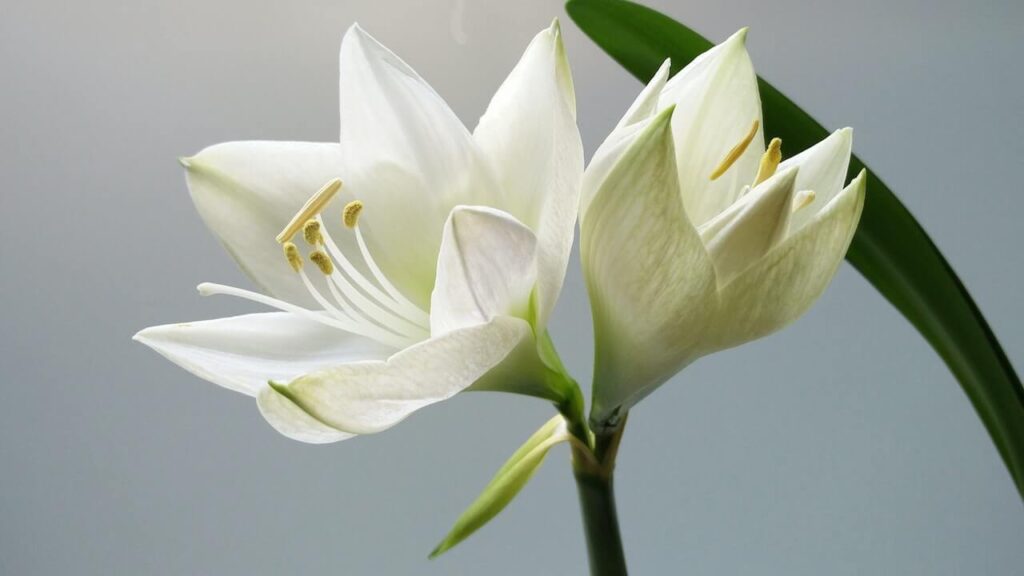
According to a study, it only takes 12 hours for your cat’s condition to elevate from depression to no appetite leading to a serious kidney injury. If you think that your feline has accidentally interacted with lilies and showing symptoms, it is best to visit the veterinarian immediately. As part of their cure, cats are administered fluid therapy and induced vomiting. Part of gastrointestinal decontamination includes activated charcoal for cats. If you ignore your cat’s condition, cats will have long-lasting kidney damage and may even be gone from you.
Orchids
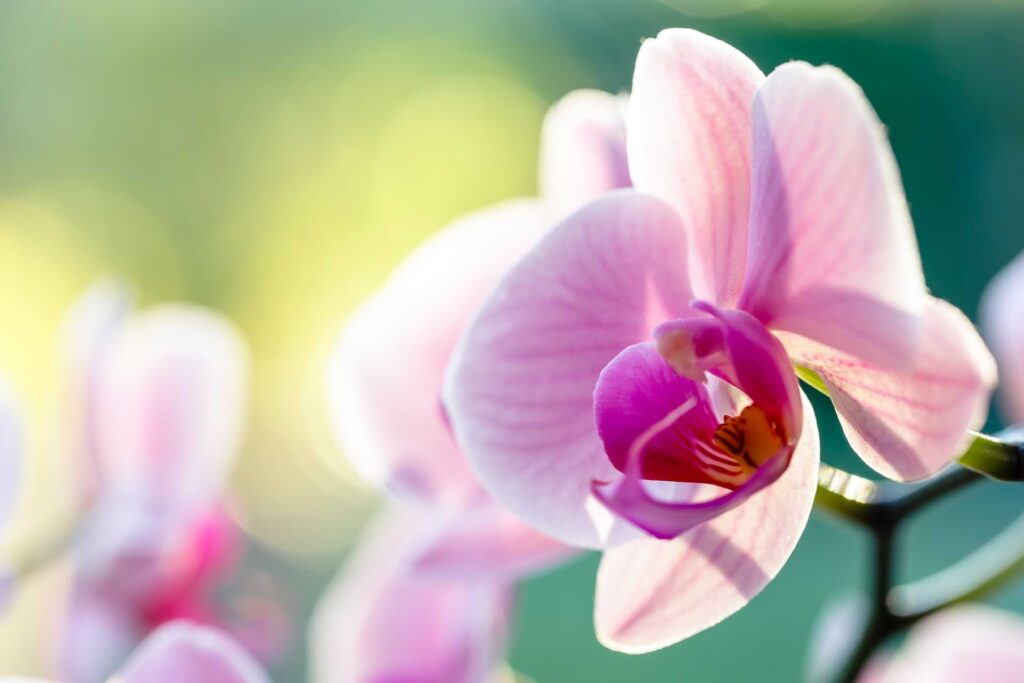
Orchids belong to the Orchidaceous family. It is a fragrant flower that is mostly in the pink shade. But it also has a variety of colors: yellow, red, and purple. Most of these flowers are safe for a feline however it still possesses a risk so getting advice from a professional is best considered. A cat who ingested orchids might have diarrhea or mild vomiting.
Conclusion
Of course, we cannot always see the actions of our cats, so it is better to keep their surroundings safe. If you are not sure if the flowers are safe for your pets, it is better to avoid them. We have to consider that some flowers poisonous to cats require even just a small amount of it to lead them to death. Cats have a different body system compared to humans. They do not have the same metabolism that we have to help them eliminate their toxin intake.


